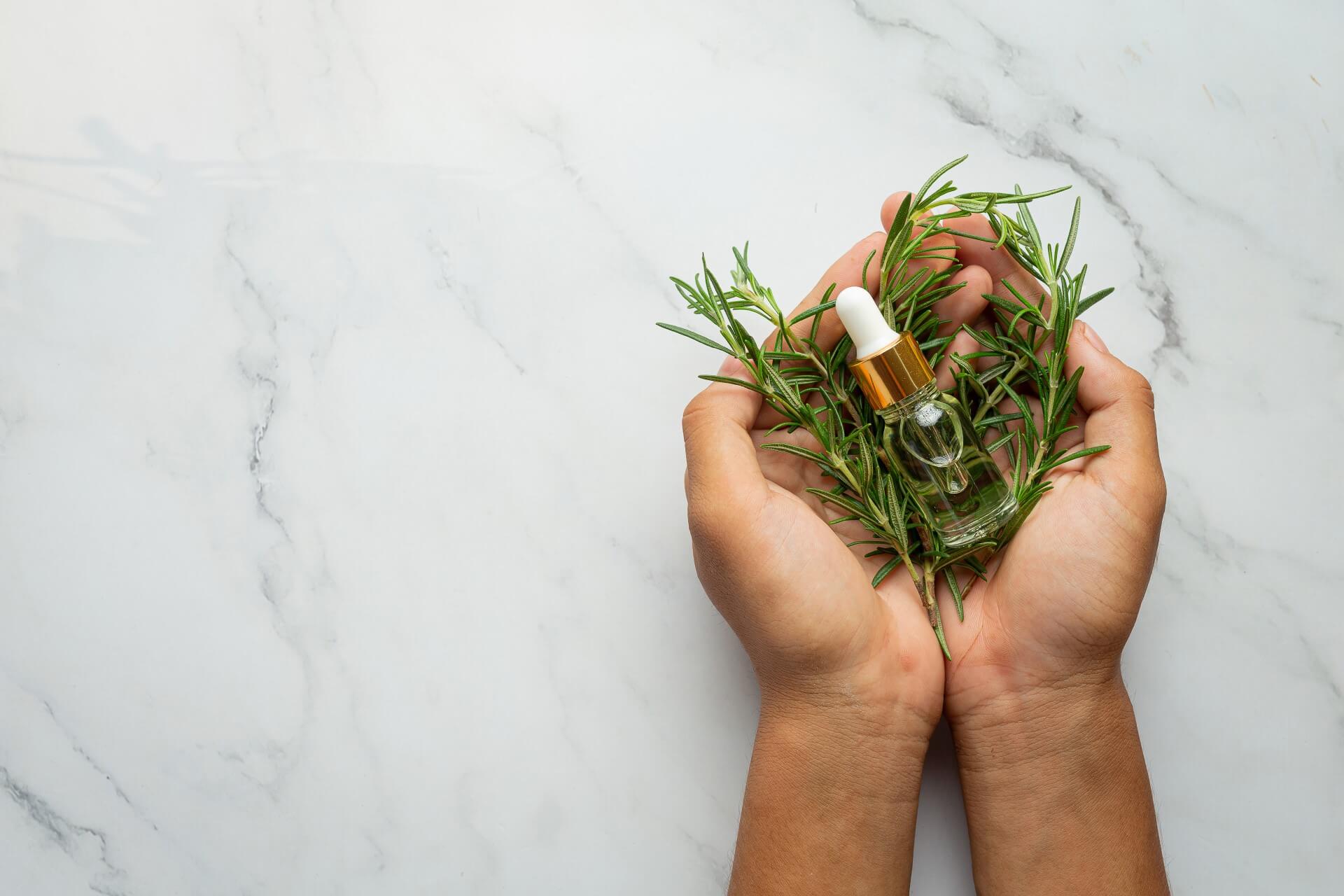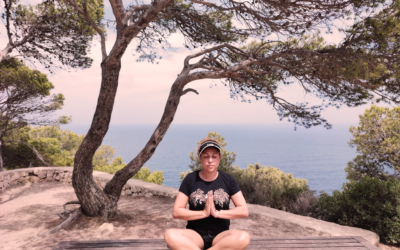Essential oils have been utilized for thousands of years across various cultures for medicinal and therapeutic purposes. Ancient Egyptians used essential oils in cosmetics, embalming, and medical treatments. In other ancient societies, such as Greece, China, and India, essential oils were integrated into medicine and spiritual practices. Over time, interest in essential oils spread through Europe, becoming intertwined with holistic health practices.
1. Benefits of Essential Oils
Essential oils are believed to provide a wide array of benefits due to their aromatic properties and chemical composition. Some of the most noted benefits include:
- Stress Reduction: Oils like lavender and chamomile are known for their calming effects, which can help alleviate stress and anxiety.
- Improved Sleep: Essential oils such as lavender and cedarwood are often used in aromatherapy to promote restful sleep.
- Enhanced Focus: Peppermint and rosemary oils are popular for aiding concentration and alertness.
- Pain Relief: Some oils, like eucalyptus and ginger, may help alleviate pain when used in massages or baths.
2. Why Essential Oils Are Popular
The popularity of essential oils has surged in recent years for several reasons:
- Interest in Natural Remedies: Many people are turning towards natural products, seeking alternatives to synthetic medications for managing stress, sleep issues, and overall health.
- Holistic Wellness Trend: With the growth of holistic health approaches, essential oils have become integral in practices like yoga and meditation.
- Ease of Use: Their versatility and ease of use—whether in diffusers, topically, or as part of DIY products—make them accessible for daily routines.
3. Studies on Essential Oils
There are numerous studies exploring the benefits of essential oils, focusing on their efficacy and safety. For instance, research has shown that lavender essential oil can significantly reduce anxiety in patients before medical procedures. Another study indicated that peppermint oil could improve cognitive performance and decrease fatigue. While more research is needed in certain areas, existing studies provide promising evidence supporting the therapeutic benefits of essential oils.
4. Integrating Essential Oils into Your Routine
Essential oils can be seamlessly integrated into your daily routine to create a calming environment that promotes relaxation and mental clarity:
- Diffusers: Use a diffuser to disperse essential oils throughout your space. This can help create a peaceful atmosphere, perfect for unwinding after a long day.
- Topical Application: Dilute essential oils with a carrier oil and apply them to your skin. This can provide a soothing effect and help reduce stress.
- Bath Soaks: Add a few drops of essential oils to your bathwater for a relaxing soak. This can help ease tension and promote a sense of calm.
- Personal Inhalers: Carry a personal inhaler with your favorite essential oil blend for on-the-go stress relief.
5. Start Your Journey with Essential Oils
Whether you’re new to essential oils or looking to deepen your practice, these natural remedies provide the tools and resources to support your mental health journey. Explore different blends and find the perfect combination to bring peace and tranquility into your life.




